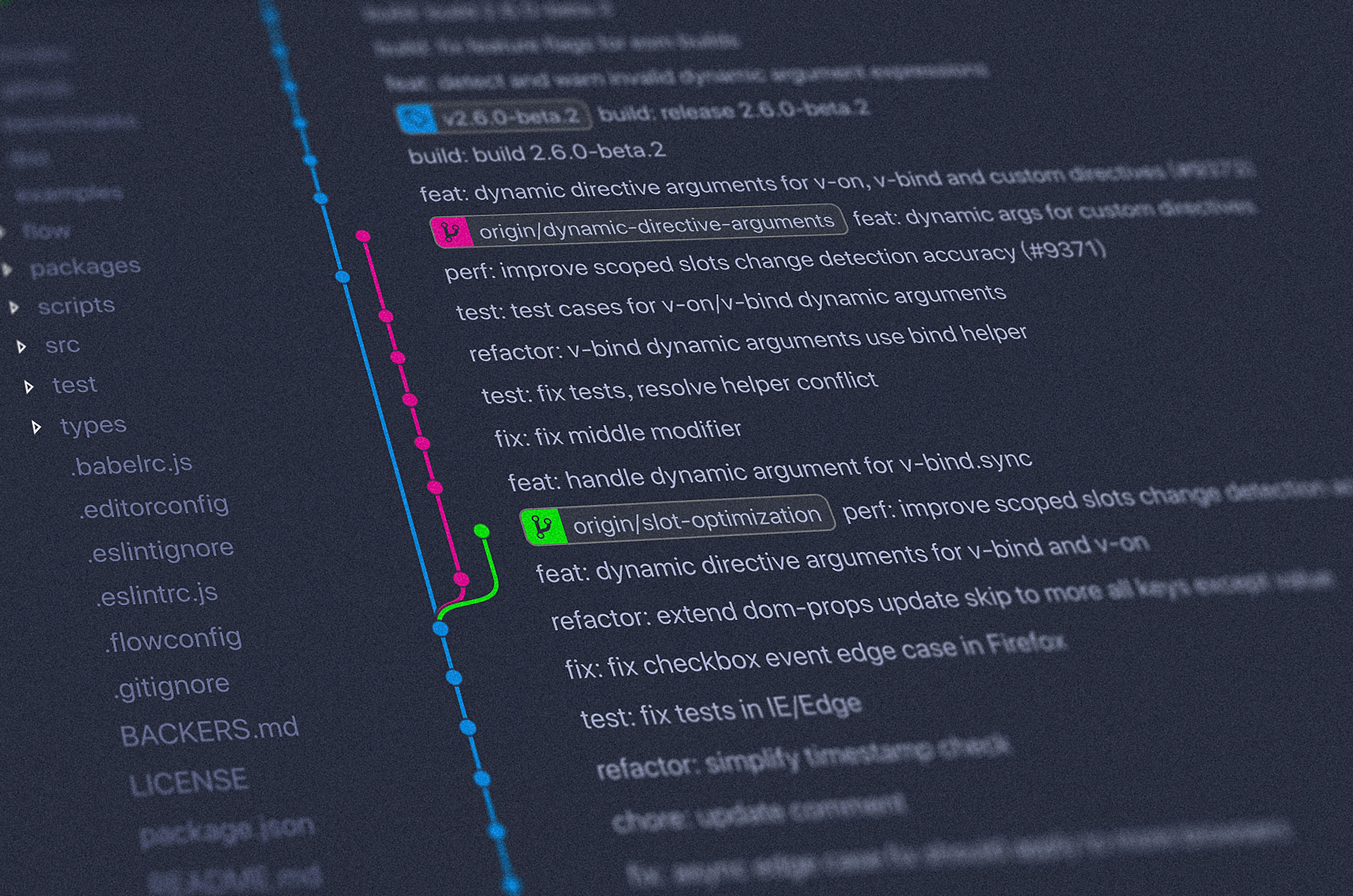Game developers AI concerns have reached unprecedented levels in 2025, with nearly half of all developers now expressing skepticism about generative AI’s impact on gaming. This represents a dramatic shift from the cautious optimism that characterized the industry’s initial AI adoption.
The Numbers Tell a Concerning Story
Recent data from the Game Developer Collective reveals a sharp increase in game developers AI concerns, with 47% of developers now believing generative AI will negatively impact game quality. This marks a significant 38% jump from the 34% who shared similar concerns in 2024. Even more telling, positive sentiment toward AI technology has plummeted from 17% to just 11% over the same period.
The gaming industry has experienced over 21,500 layoffs between 2023 and 2024, with AI implementation playing a notable role in these workforce reductions. Companies like Activision Blizzard have increasingly relied on generative AI tools such as Midjourney and Stable Diffusion for concept art and asset creation, directly replacing human artists and designers.
Quality Over Efficiency: The Core Developer Dilemma
Brandon Sheffield, founder of Necrosoft Games and director of Demonschool, captures a widespread sentiment among developers: “Games using generative AI will be more generic, even if that’s not immediately discernible to a player.” This concern about AI-generated content leading to homogenized gaming experiences sits at the heart of game developers AI concerns.
Hilary Mason, CEO of Hidden Door, describes Large Language Models as “aspirationally mid,” warning that economic pressures could push studios toward releasing “mediocre or even slop games” without proper care and polish. This tension between cost-cutting through AI and maintaining creative quality has become a defining issue for the industry.
Industry Implementation vs Worker Sentiment
Despite growing game developers AI concerns, AI adoption continues accelerating across gaming companies. Nearly 90% of video game companies have implemented generative AI programs, with 52% of developers working at companies that use AI tools. However, internal policies haven’t kept pace – only 64% of companies have established formal AI usage guidelines.
The disconnect between management enthusiasm and worker sentiment has created tension within development teams. While companies tout AI’s efficiency benefits, developers increasingly report feeling pressured to use tools they view as potentially harmful to their craft and job security.
| Year | Developers Concerned About AI Impact | Positive Sentiment Toward AI | Companies Using AI Tools |
|---|---|---|---|
| 2024 | 34% | 17% | 51% |
| 2025 | 47% | 11% | 90% |
Real-World Impact on Creative Roles
The human cost of AI implementation has become increasingly visible across the gaming industry. Artists at major studios report being forced to incorporate AI-generated assets into their workflows, often replacing colleagues who were laid off. As one anonymous Activision artist noted, “I felt that we were throwing away our humanity. A lot of 2D artists were laid off. Remaining concept artists were then forced to use AI to aid in their work.”
Game developers AI concerns extend beyond job displacement to fundamental questions about creativity and authorship. Many worry that over-reliance on AI tools could blur the lines between human and machine contributions, making it difficult to claim creative ownership over AI-influenced work.
Looking Ahead: The Future of AI in Gaming
Industry experts predict that AI could handle over half of all game development tasks within the next 5 to 10 years. While this efficiency could reduce costs and development timelines, game developers AI concerns about maintaining human creativity and craftsmanship continue growing.
The challenge facing the gaming industry lies in balancing AI’s practical benefits with preservation of the human elements that make games truly compelling. As studios navigate this transition, developer feedback suggests that thoughtful, limited AI integration may be preferable to wholesale automation of creative processes.
Frequently Asked Questions
Why are game developers increasingly concerned about AI?
Game developers AI concerns stem from fears about job displacement, declining game quality, and loss of creative control. Recent data shows 47% of developers believe AI will negatively impact game quality, up from 34% in 2024.
How many gaming companies are currently using AI?
Approximately 90% of video game companies have implemented some form of generative AI programs, with 52% of developers working at companies that actively use AI tools for development tasks.
What specific tasks are being replaced by AI in game development?
AI is primarily being used for concept art creation, asset generation, coding assistance, 3D modeling, and automating repetitive tasks. Major companies like Activision Blizzard have notably used AI for marketing materials and early-stage concept work.
Have game developers’ attitudes toward AI changed recently?
Yes, significantly. Positive sentiment toward AI among developers dropped from 17% to 11% between 2024 and 2025, while negative sentiment increased by 12 percentage points to 30%.
What are the main quality concerns developers have about AI-generated content?
Developers worry that AI-generated content will lead to more generic, homogenized games that lack the unique creative vision that comes from human artistry. There are also concerns about AI replicating content from training data, potentially leading to copyright issues.
Are there any positive aspects of AI that developers acknowledge?
Some developers recognize AI’s potential for accelerating creative exploration, assisting with coding, and handling routine tasks. However, the overall sentiment has shifted toward skepticism about AI’s net impact on the industry.
How are gaming companies addressing developer concerns about AI?
Many companies are establishing internal AI policies, with 64% now having formal guidelines for AI use. However, developers often report feeling these policies don’t adequately address their concerns about job security and creative integrity.
Conclusion
The gaming industry stands at a crossroads where technological capability meets creative integrity. While game developers AI concerns continue mounting, the widespread adoption of AI tools shows no signs of slowing. The challenge ahead involves finding ways to harness AI’s efficiency benefits without sacrificing the human creativity that makes gaming experiences truly memorable. As the industry evolves, listening to developer feedback and implementing thoughtful AI policies will be crucial for maintaining both innovation and job satisfaction in game development.


